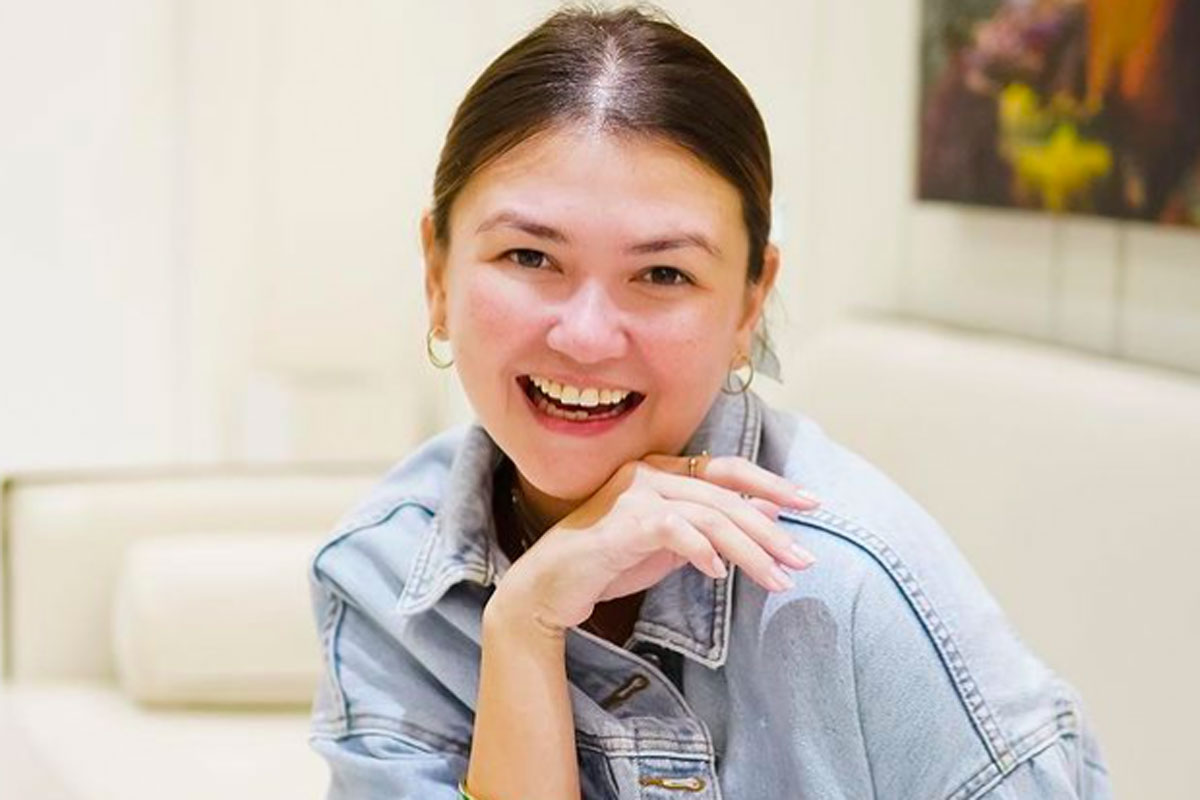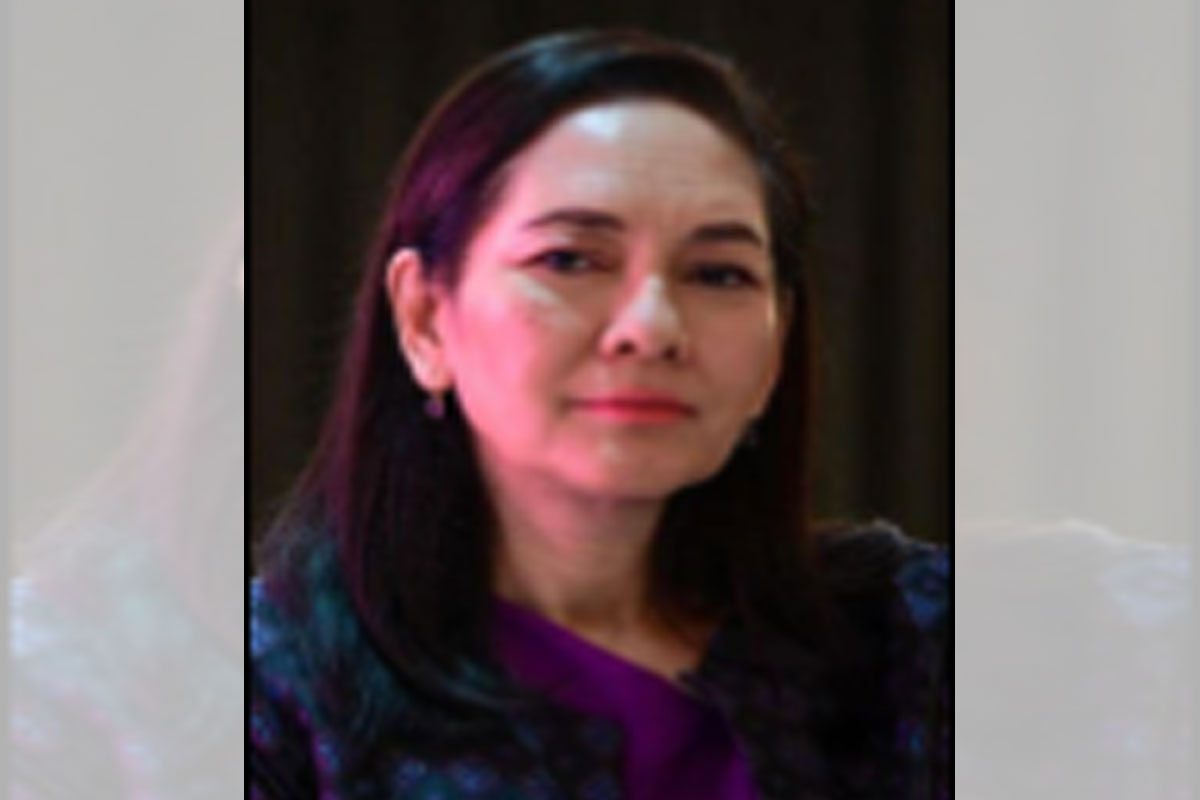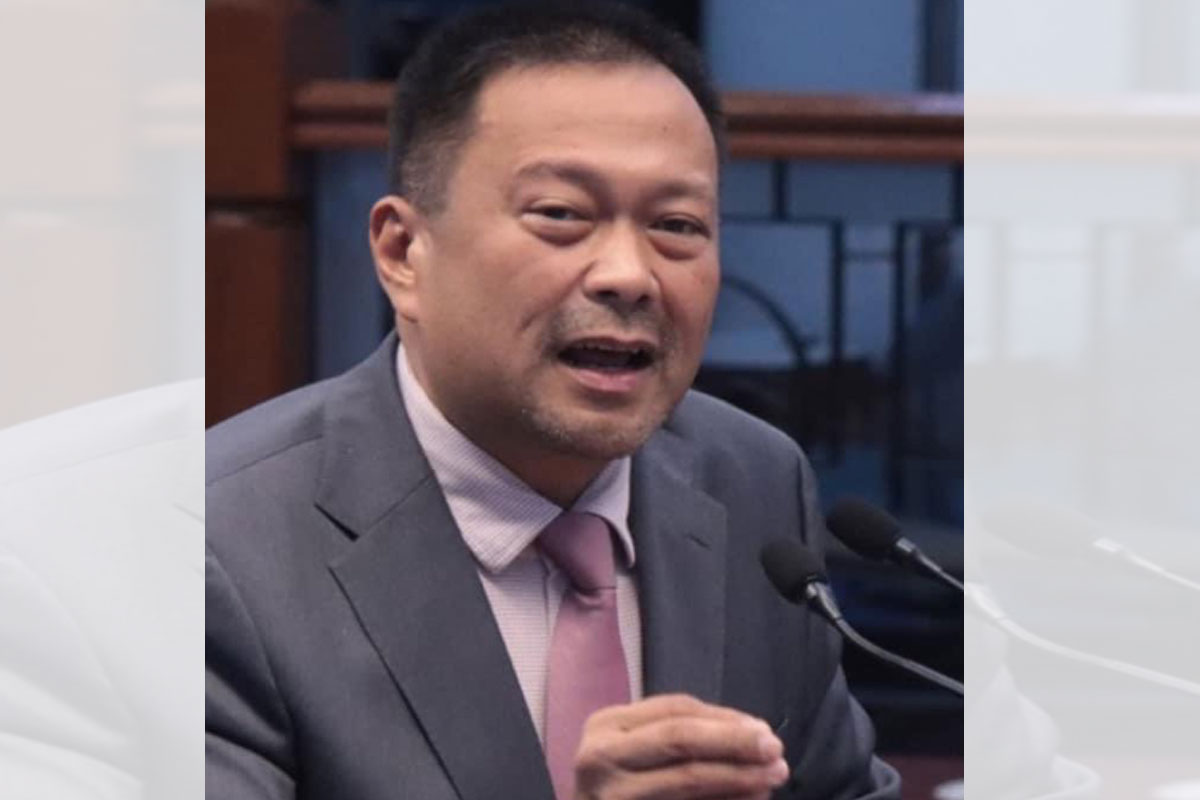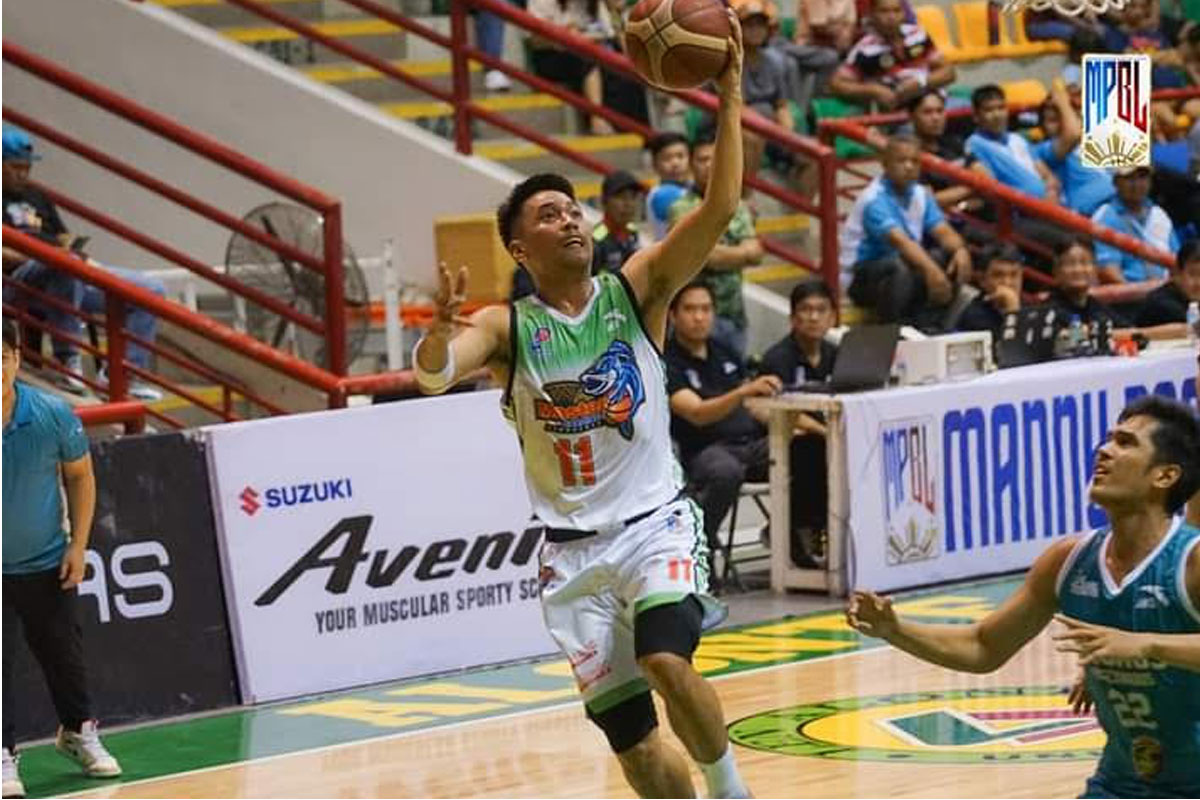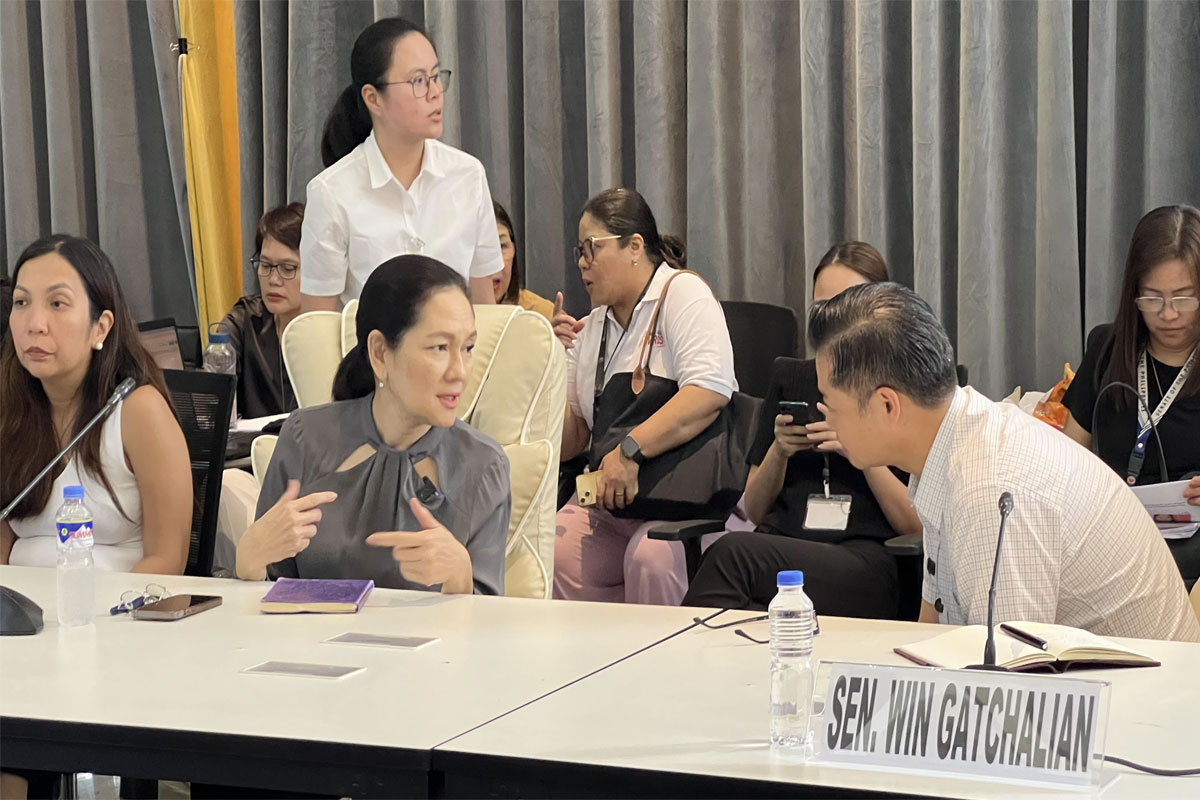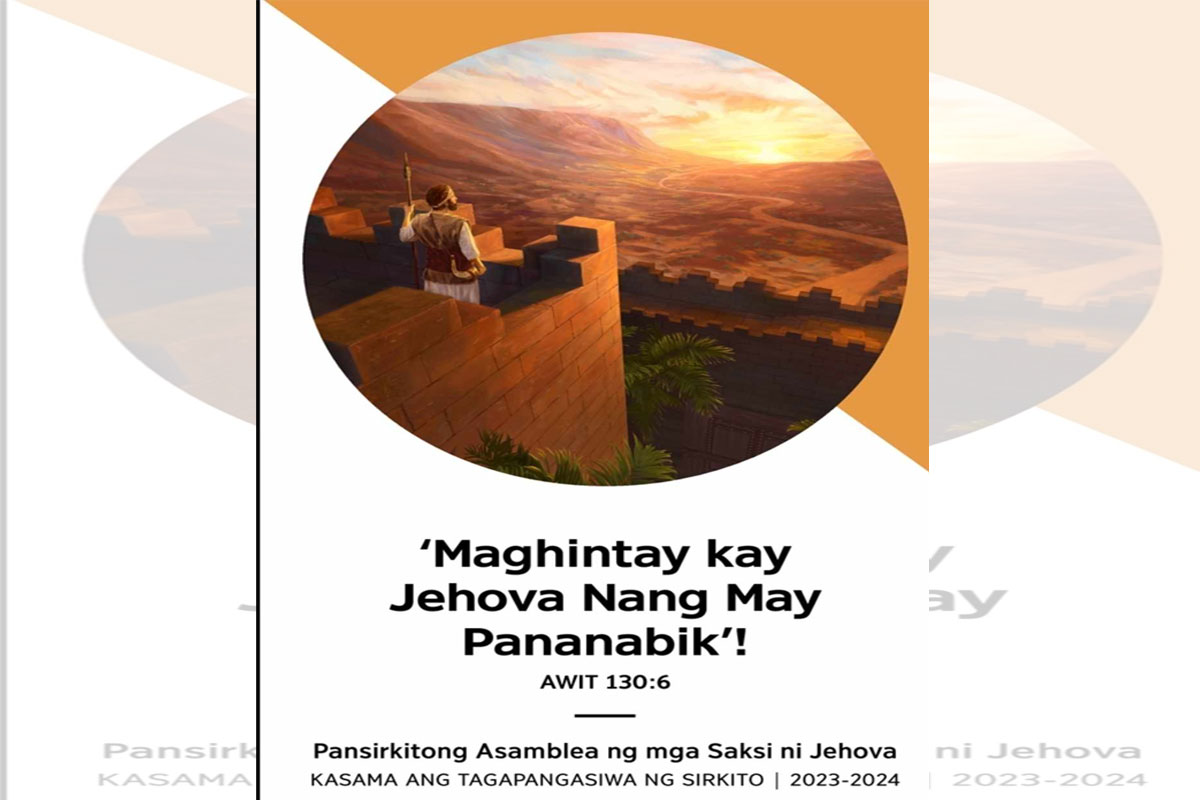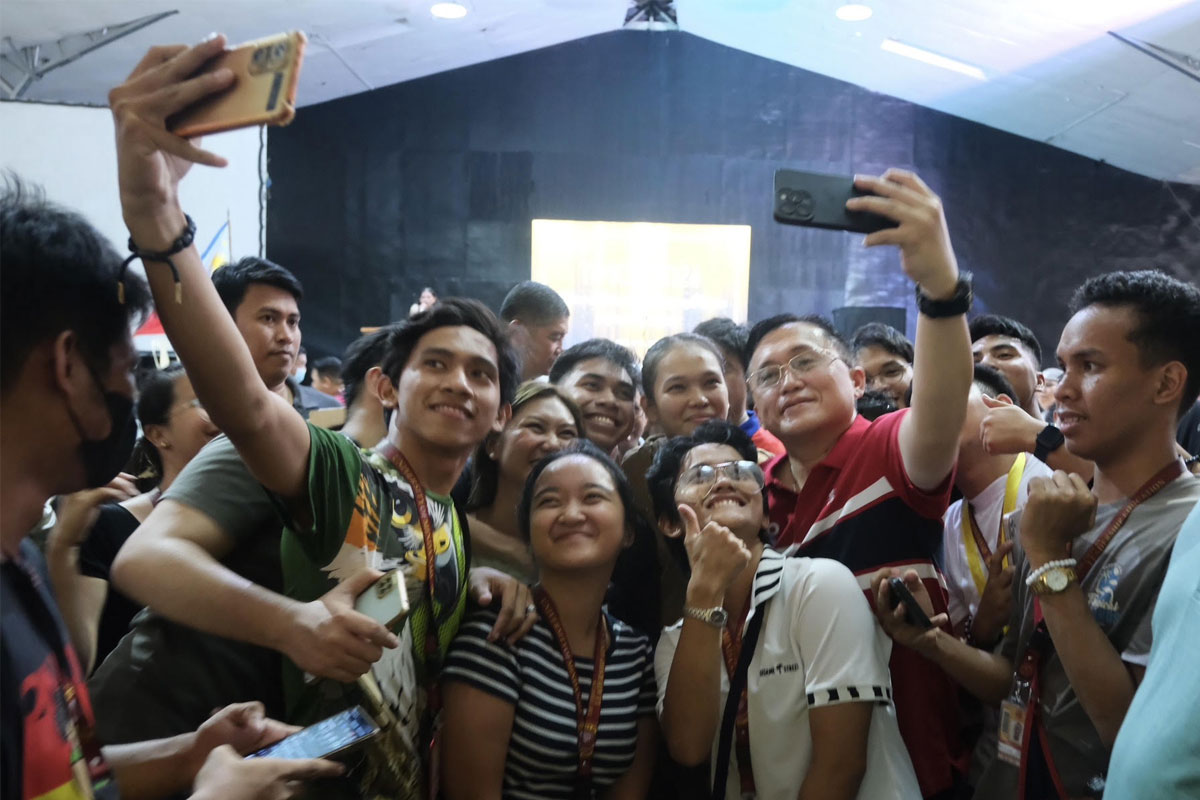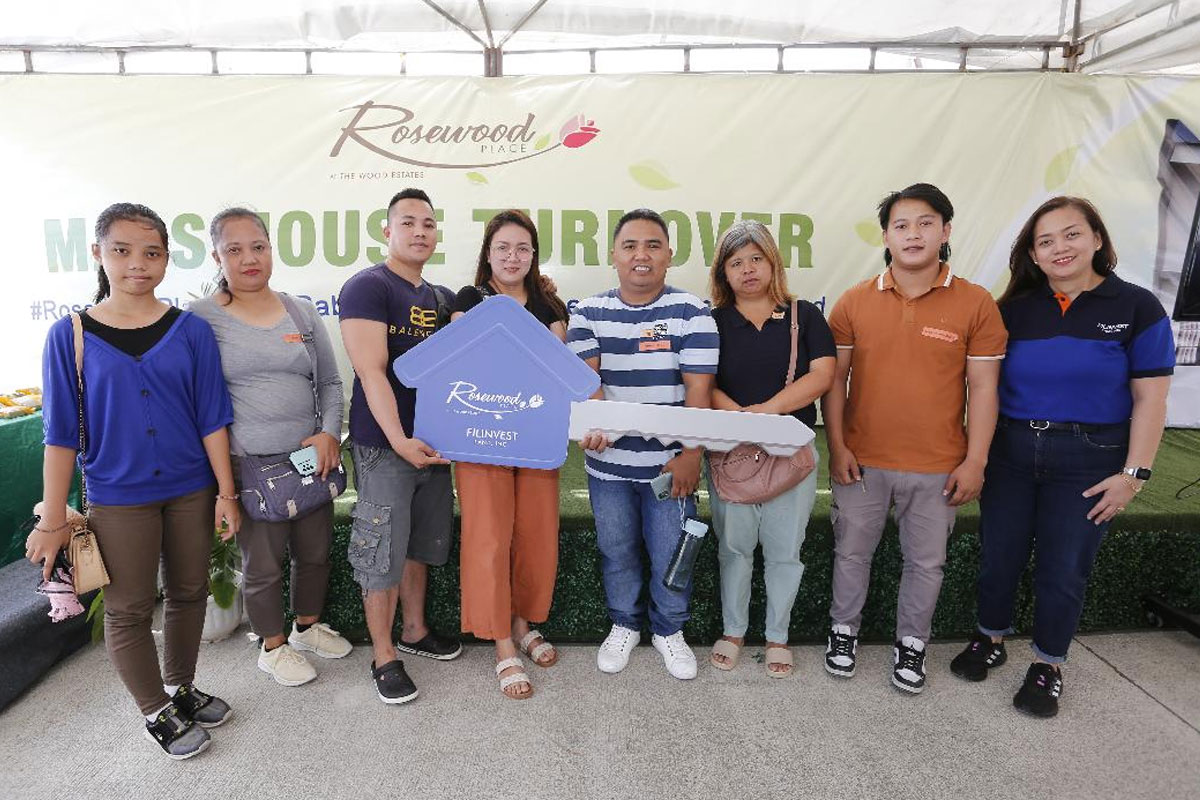
U.S. trains 500 out-of-school youth on financial literacy, entrepreneurship
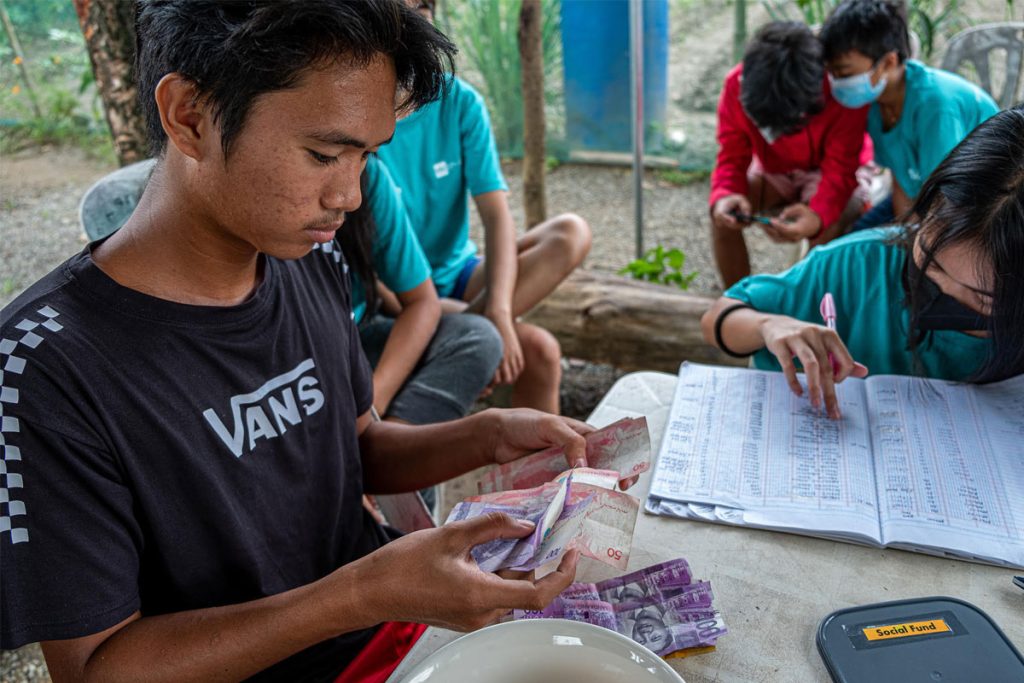 USAID staff and Cebu City partners led by Mayor Michael Rama join the participants of the learning event.
USAID staff and Cebu City partners led by Mayor Michael Rama join the participants of the learning event.
Through its Opportunity 2.0 project, USAID boosts the financial management and entrepreneurial skills of Filipino OSYs.
THE United States government, through the U.S. Agency for International Development (USAID), has successfully supported 500 Filipino out-of-school youth (OSY) to gain financial and entrepreneurial skills through a savings program.
Called the “Saving and Internal Lending Communities,” or SILC, these saving and lending groups are composed of out-of-school youth trained by USAID’s Opportunity 2.0 project and the Technical Education and Skills Development Authority (TESDA) on technical-vocational skills as well as entrepreneurship.
USAID partnered with Catholic Relief Services Philippines to implement the savings and lending approach of SILC to give the youth essential skills in finance and business. The youth work with their peers to pool their resources, save up for their needs, and have a support group as they venture into small enterprises.
USAID Philippines Director for Education Thomas LeBlanc said that these interventions “provide the out-of-school youth with a solid financial foundation so that they can work toward their dreams of pursuing further education, applying for jobs, or starting their own businesses.”
The youth, organized in five cities, have saved a total of Php620,000 since January 2021. To date, these groups have loaned out Php320,000 to support education, training, livelihood, and other emergency needs of its youth members. To celebrate the successful pilot, USAID hosted a learning event on May 9-10 in Cebu to look at the program implementation in the cities of Cagayan de Oro, Cebu, Davao, Cotabato, and Quezon City.
As the host, Cebu City Mayor Michael Rama, who chairs the USAID-supported Youth Development Alliance in the city, acknowledged USAID as “a longtime partner in development” and thanked the program for “equipping the youth with the skills for us to be able to take on the challenges of the future.”
A youth member of a SILC group in Quezon City, Jerhom Trigosa, shared how the group used their funds to invest in a small business with local urban farmers. “We learned how to rotate and grow our savings through entrepreneurship. We took a loan from our group savings to invest and create pumpkin cookie samples. We wanted to help farmers in the community and also increase their sales as well as to promote healthier eating options.”
USAID is looking to sustain and scale up this approach and content through a partnership with TESDA, which has used its local and community-based training institutions to support the youth groups across the country.



